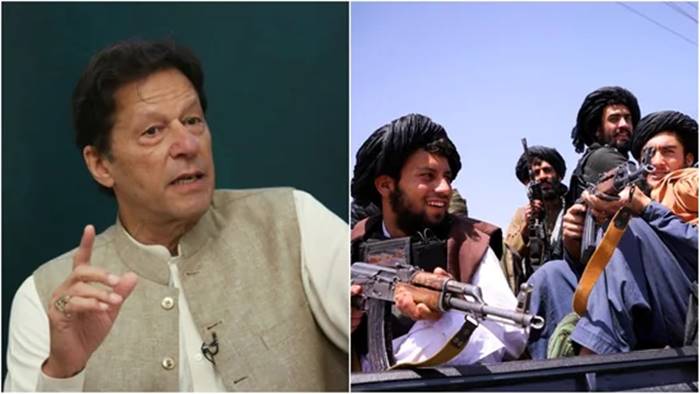Brussels – After the Taliban’s take over of Afghanistan, the relations between the outfit and Pakistan will be not as easy as hoped in Islamabad and the Durand-Line will remain as a ‘severe issue of content’ between both countries, according to an expert.
This assertion was made by Siegfried O. Wolf, Director of Research at the South Asia Democratic Forum (SADF), during a webinar titled ‘After Kabul’ on September 24.
Wolf stated that considering the manifold support offered to the Taliban during the last two decades, Pakistan has reason to anticipate a friendly regime in Kabul.
“There are also reasons to believe that the relations between the Taliban government and Pakistan will be not as easy as hoped in Islamabad.” Wolf stated that the Durand-Line will remain as a ‘severe issue of content’ between both countries and added that the Afghan Taliban does not support Pakistani efforts fighting the Tehrik-i-Taliban Pakistan (TTP).
“The Haqqanis [a major component of the Afghan Taliban and traditionally close to Pakistan] seemed to have recalibrated their relations with Islamabad in favour of the TTP,” he added. According to Wolf, this could “energize anti-state militant extremists and bolster Pakistan’s ultra-conservative religious groups.”
Another expert Antonio Giustozzi, visiting Professor at King’s College London, described the Taliban as “essentially quite loose and federal in structure”. He argued that the leadership [foremost the Quetta Shura] rejected centralisation attempts and adopted a model which is ‘resilient’ and ‘adaptive’ to ‘manage the diversity among the Pashtuns’.
The “Taliban are designed to tolerate and to coexist with internal conflict”. “The Taliban, like in the past, are divided into groups, there are leaders and figures who are competing for influence, there are regional differences, but that does not imply that they are on the verge of collapse or splintering,” he said.
Meanwhile, another expert of the region James M Page highlighted that the rapidity (and shock) of the Taliban offensive that culminated, in its latter stages, in the fall of Kabul should not have come as a surprise.
“The collapse of ANDSF [Afghan National Defence and Security Forces] was not, as claimed by some, because they did not fight; there is considerable evidence that various factors were involved, from the withholding of crucial air support and contractors, to the undermining of the Afghan government through the US-Taliban Doha Deal.”
It is widely acknowledged that external support has been crucial for the Taliban offensive from Pakistan and other states. As political dynamics and relationships alter in the region, Page stated this has important implications for alliances, and issues such as Counterterrorism capabilities.


